(August 4, 2024) With Kamala Harris stepping up as a presidential candidate in the US, there has been a surge of interest in women politicians. This renewed focus highlights the significant contributions and growing influence of women in politics. Global Indian puts into spotlight six Indian-origin women politicians serving in different corners of the world, showcasing their achievements and the diverse paths they have taken to leadership roles. These trailblazers not only represent their constituencies but also serve as inspirations for future generations of women leaders globally.
Kamala Devi Harris
United States
Following Joe Biden’s withdrawal from the presidential race, Kamala Harris is the presumptive Democratic nominee for the 2024 presidential election. The American politician and attorney has been serving as the 49th vice president of the United States since 2021 under President Joe Biden. She holds the distinction of being the first female vice president, the highest-ranking female official in U.S. history, and the first African American and first Asian American to hold the office. A member of the Democratic Party, Harris was a U.S. senator from California from 2017 to 2021 and previously served as the attorney general of California.

Kamala Harris
The Oakland, California-born politician graduated from Howard University and the University of California College of the Law, San Francisco. Her mother, Shyamala Gopalan, was a biologist whose research on the progesterone receptor gene advanced breast cancer studies. Harris’s mother moved to the United States from India as a 19-year-old graduate student in 1958, while her father, Donald J. Harris, is an emeritus professor of economics at Stanford University, who came to the United States from Jamaica in 1961 for graduate studies at UC Berkeley.
Shivani Raja
United Kingdom
In May 2024, the British Conservative Party politician was announced as the Conservative candidate for the Leicester East constituency. She was elected to the House of Commons in July 2024, winning with a majority of 14,526 votes. Her victory marked the only seat gained by the Conservatives in the 2024 election. The Indian-origin politician took the Oath of Allegiance holding the Gita.

Shivani Raja
Shivani was born in Rushey Mead, Leicester, to parents who immigrated to the UK from India and Kenya in the 1970s. She attended Herrick Primary School, Soar Valley College, and Wyggeston and Queen Elizabeth I College. She graduated from De Montfort University with a first-class honour’s degree in cosmetic science. In 2017, she participated in the Miss India UK beauty pageant and was named a semi-finalist.
Zaneta Felice Antoinetta Mascarenhas
Australia
The Indian-Australian politician made history as the first woman to win the seat of Swan in its 101-year history and as the first person of Goan origin elected to Australia’s House of Representatives. She was elected during the 2022 federal election for the Division of Swan in Australia. Mascarenhas has a background as an engineer, having worked for 15 years in Western Australia and Victoria, including as a FIFO engineer. Her career also includes 12 years dedicated to climate change action, during which she supported ASX 200 companies in their decarbonisation efforts. Additionally, she has volunteered with The Climate Reality Project.
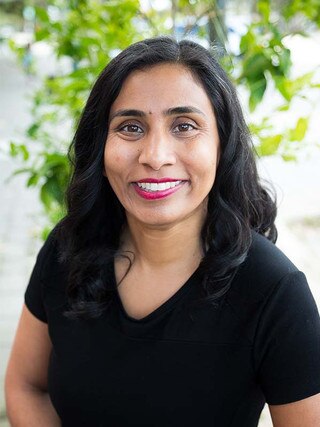
Zaneta Mascarenhas
Born in Kalgoorlie in Western Australia to Indian immigrant parents of Goan descent, who migrated from Kenya, she pursued studies in science and engineering at Curtin University in Perth, where she served as President of the Student Guild.
Kamla Persad-Bissessar
Trinidad and Tobago
Often known by her initials KPB, the politician served as the Prime Minister of Trinidad and Tobago from 2010 until September 2015. She was the nation’s first female Prime Minister, Attorney General, and Leader of the Opposition. Additionally, she was the first woman to chair the Commonwealth of Nations and the first woman of Indian origin to lead a country outside of India and the broader subcontinent.

Kamla Persad-Bissessar
The Trinidadian lawyer, politician, and educator currently holds the position of leader of the opposition in Trinidad and Tobago, serving as the political leader of the United National Congress (UNC). Kamla Persad-Bissessar was born in Siparia, southern Trinidad, to Lilraj and Rita Persad, both Hindus of Indian descent. Her father worked as a bookkeeper in Texaco’s accounting department, while her mother started as a maid and labourer in cocoa fields, eventually saving enough to own and operate a roti shop.
Priyanca Radhakrishnan
New Zealand
Radhakrishnan has been serving in the New Zealand Parliament since the 2017 general election as a representative of the New Zealand Labour Party. She was the Minister for the Community and Voluntary Sector from 2020 to 2023. Radhakrishnan worked as a social worker among the Indian community in Auckland, and joined the New Zealand Labour Party in 2006. She has been active in internal party policy development as well as at development of the party at the local and regional level. In 2021, Radhakrishnan was conferred the Pravasi Bharatiya Samman award for public service by the President of India. In 2023, she was granted retention of the title ‘The Honourable’ in recognition of her term as a member of the Executive Council.
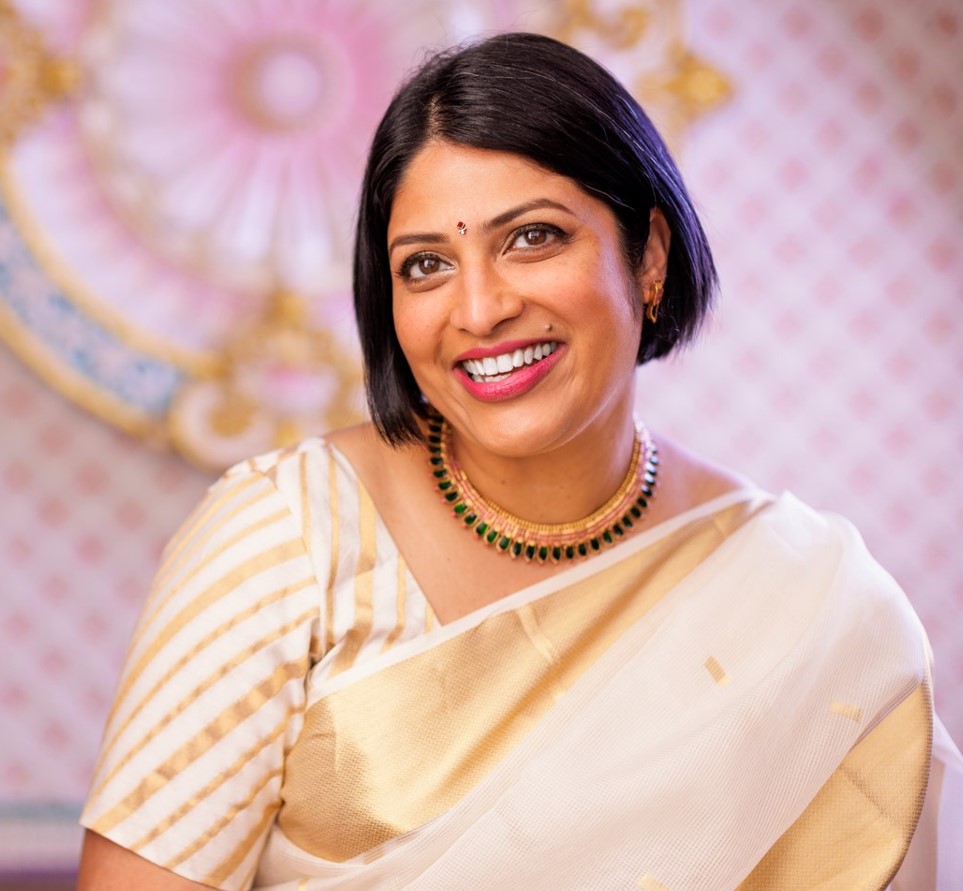
Priyanca Radhakrishnan
Priyanca Radhakrishnan was born in Chennai to Malayali Nair parents. Her great-grandfather, Dr C. R. Krishna Pillai, played an instrumental role in the formation of the state of Kerala. She grew up in Singapore before moving to New Zealand. After completing her master’s in development studies, she became a social worker and eventually a politician.
Kamalpreet Khera
Canada
The Indo-Canadian politician is one of the youngest women ever elected to Parliament. She has been serving as the Minister of Diversity, Inclusion, and Persons with Disabilities since 2023. A member of the Liberal Party, Khera has represented the riding of Brampton West in the House of Commons since the 2015 federal election. She also served as the Minister of Seniors from 2021 to 2023.
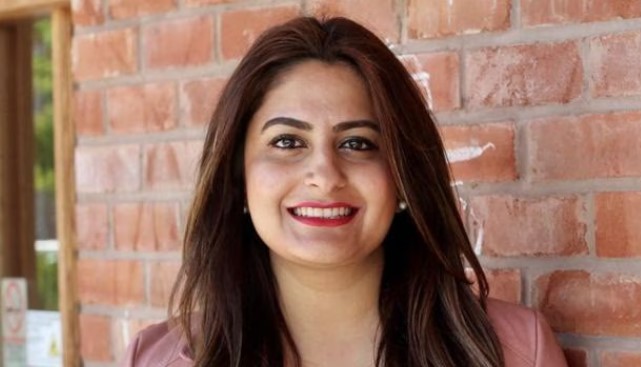
Kamal Khera
Khera was nominated as the Liberal candidate for Brampton West in December 2014 and won the seat in the federal election the following October. When first elected in 2015, she was the youngest Liberal MP in the House and the second-youngest overall. Before entering politics, Khera attended York University, earning an Honours Bachelor of Science in Nursing. She then worked as a registered nurse in the palliative and oncology units at St. Joseph’s Health Centre in Toronto.
This list is not exhaustive but provides an idea of how Indian-origin women politicians are making waves in different corners of the world. There are many more women who are not part of this list but are significantly contributing to the field of politics.

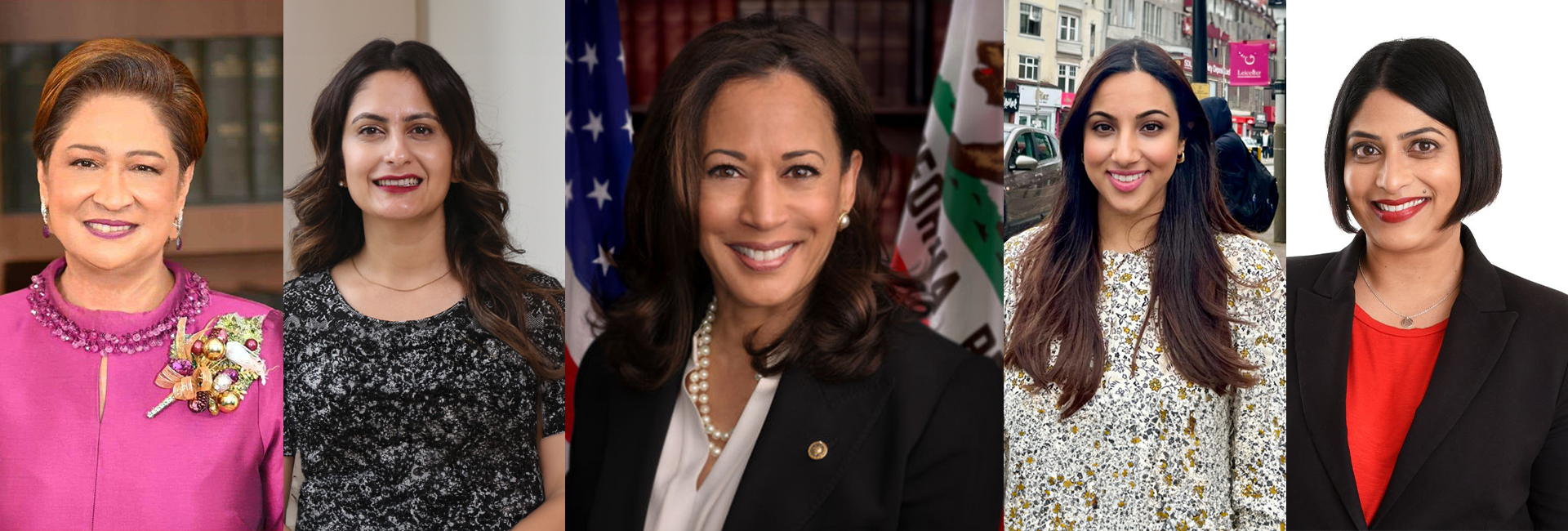

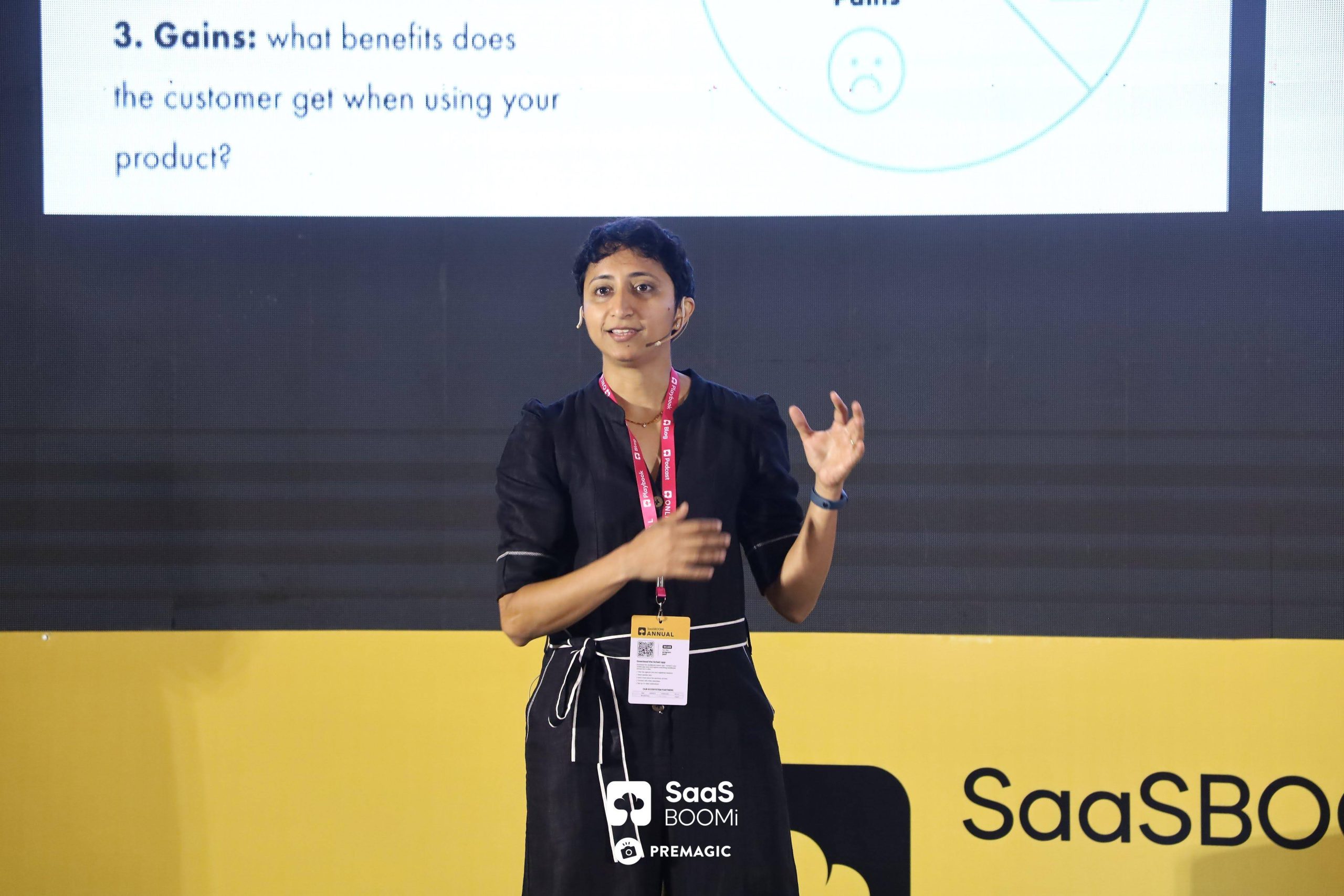
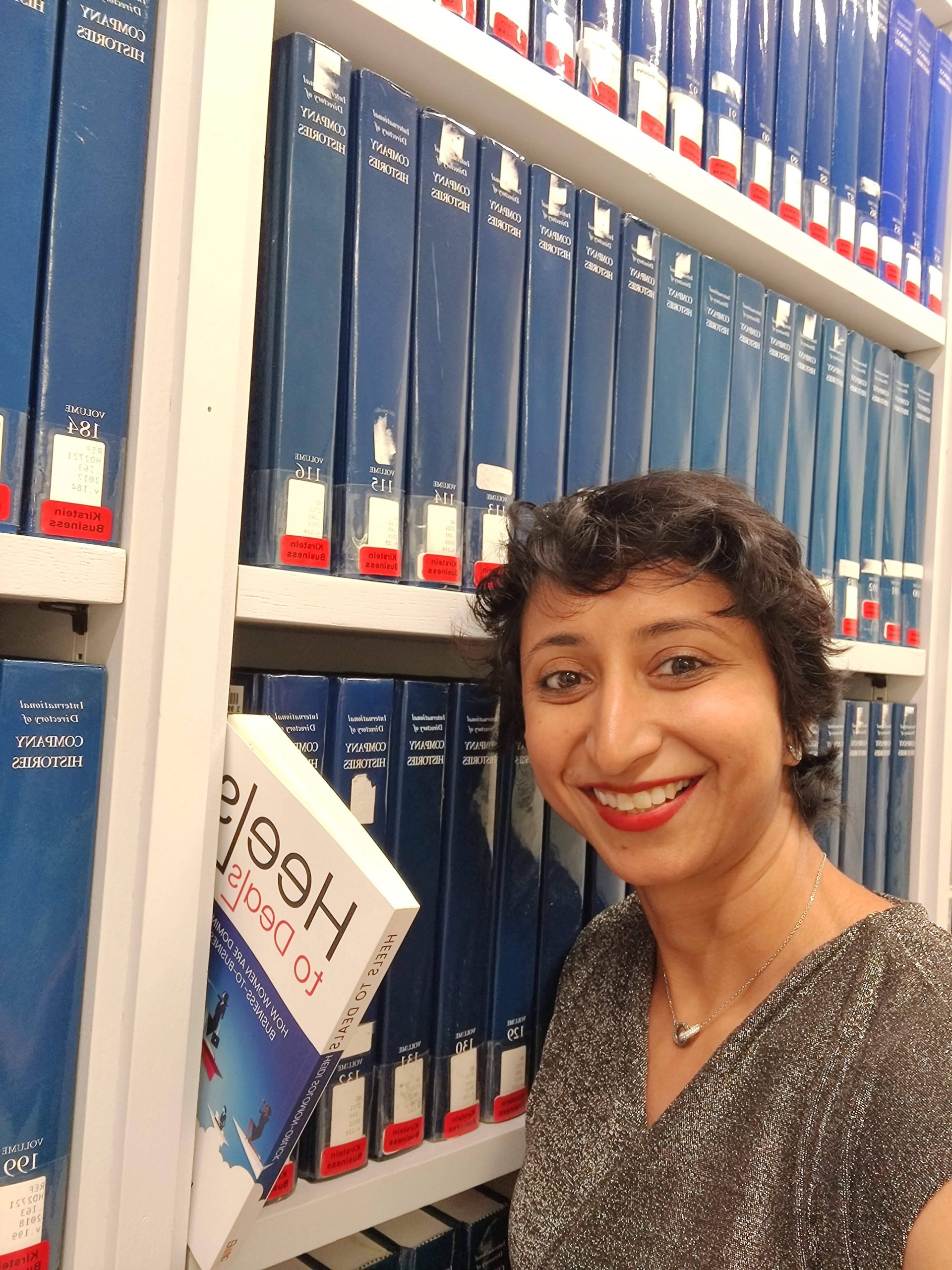
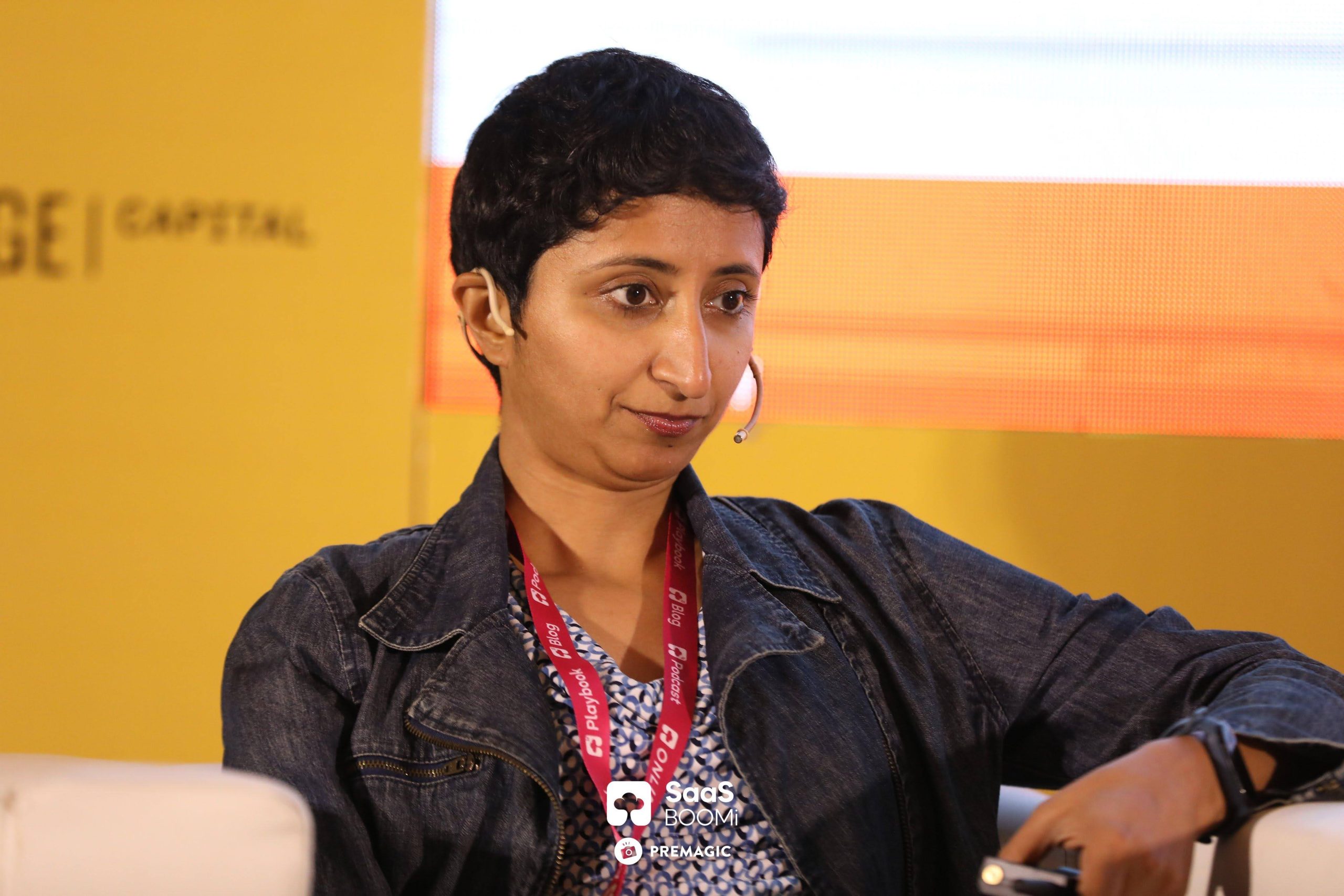

 Neil Shah[/caption]
Neil Shah[/caption]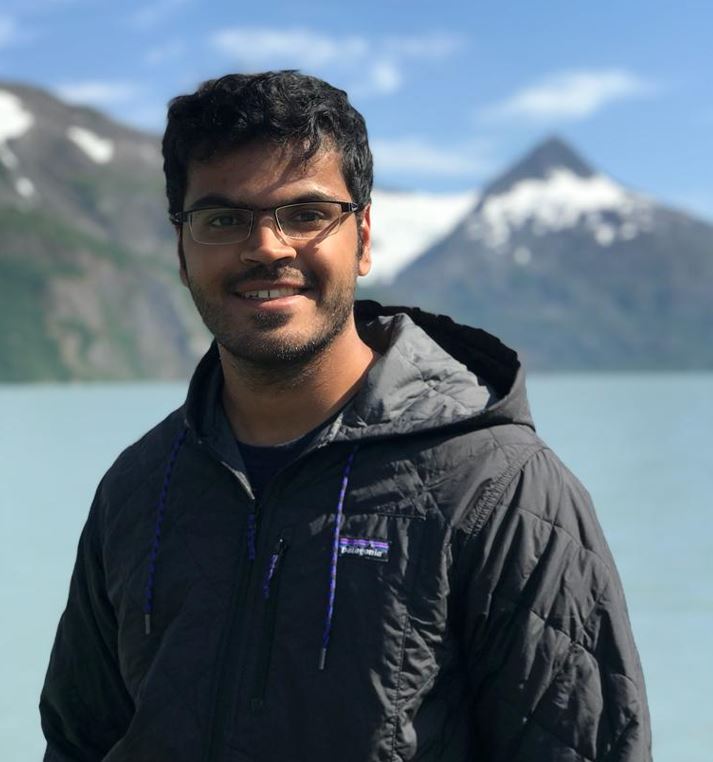
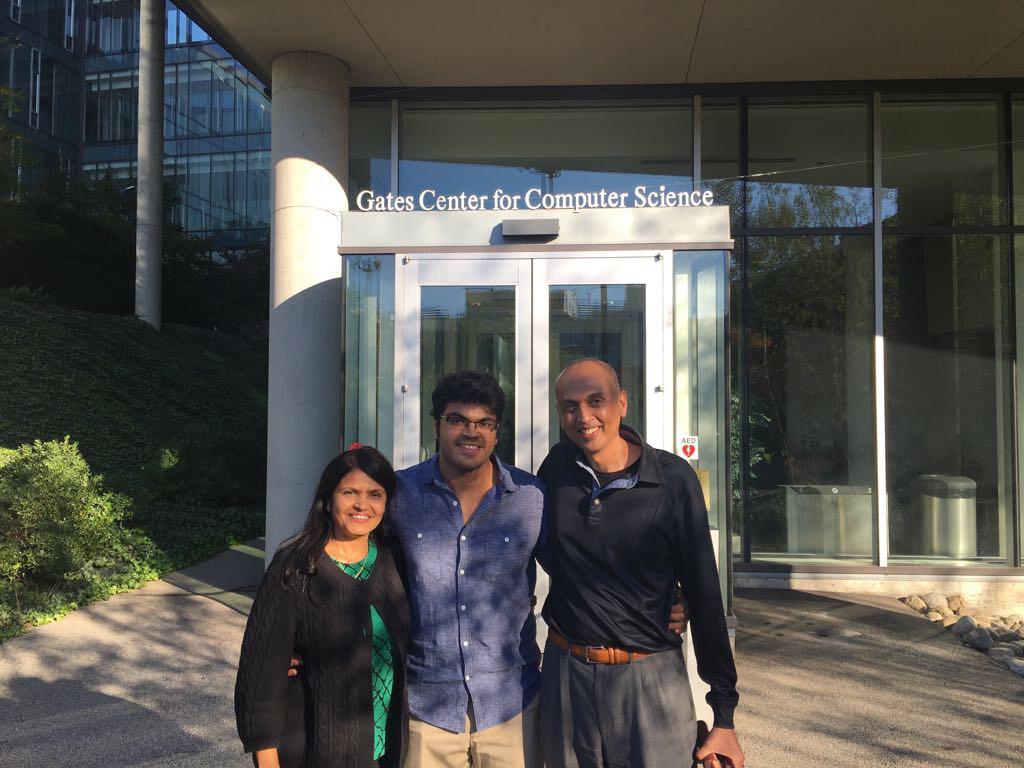
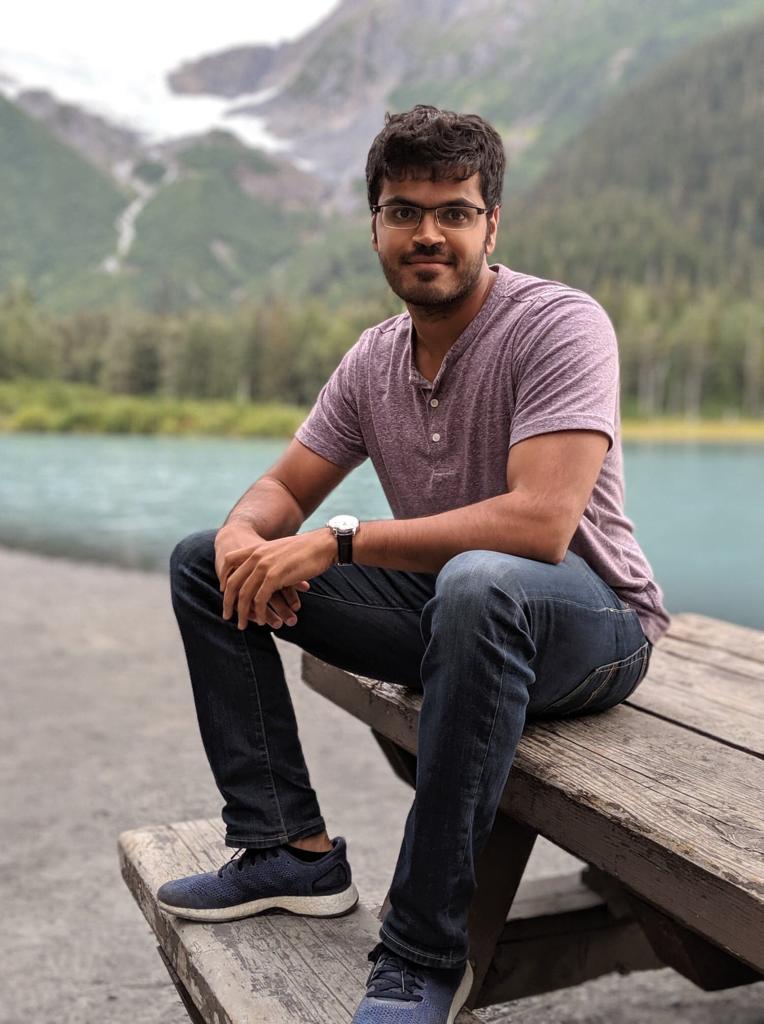
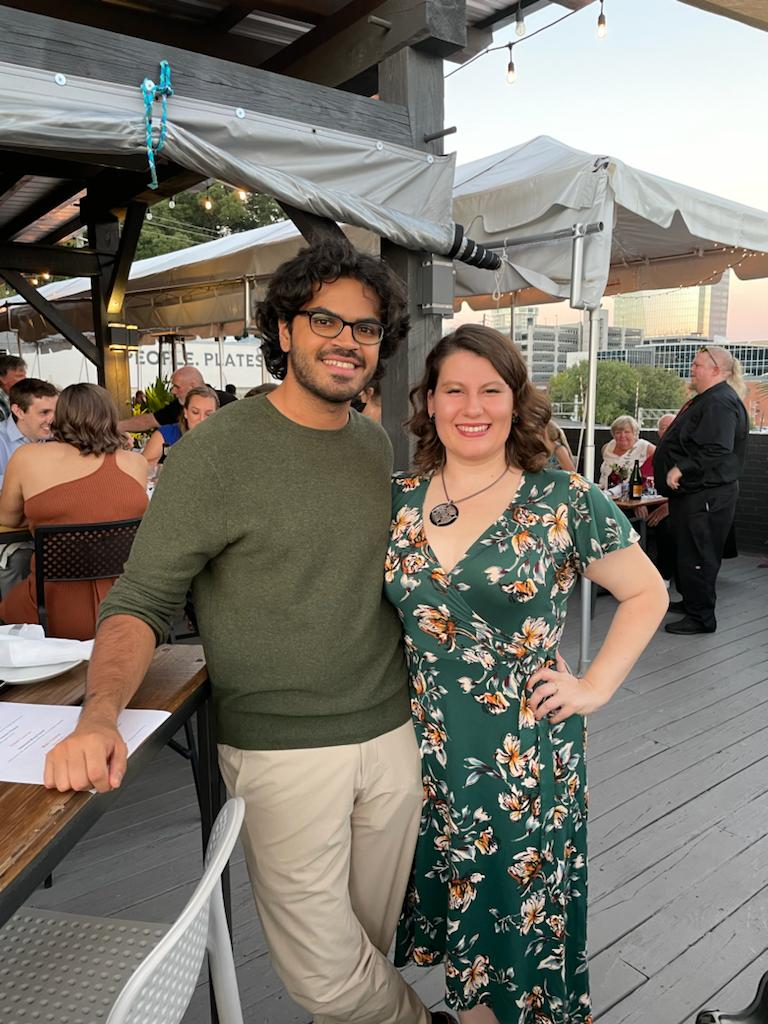

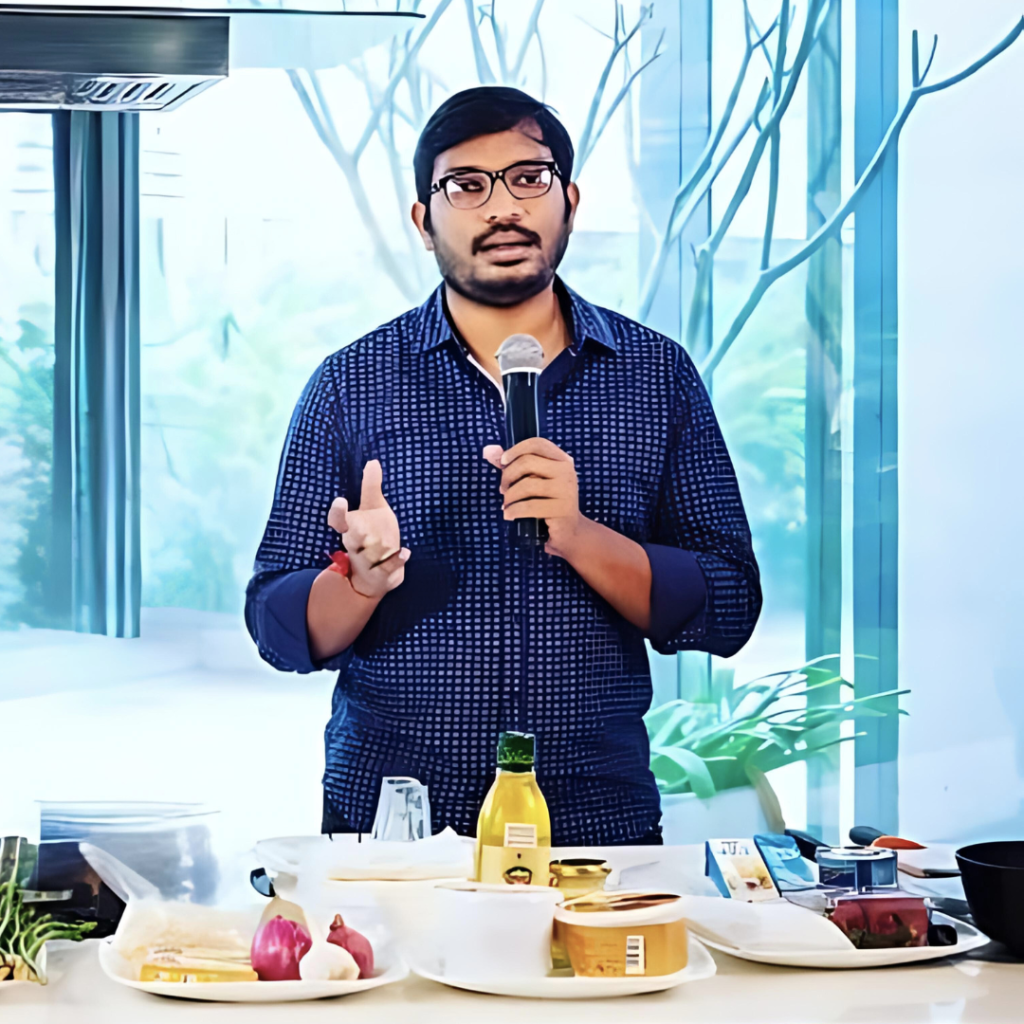


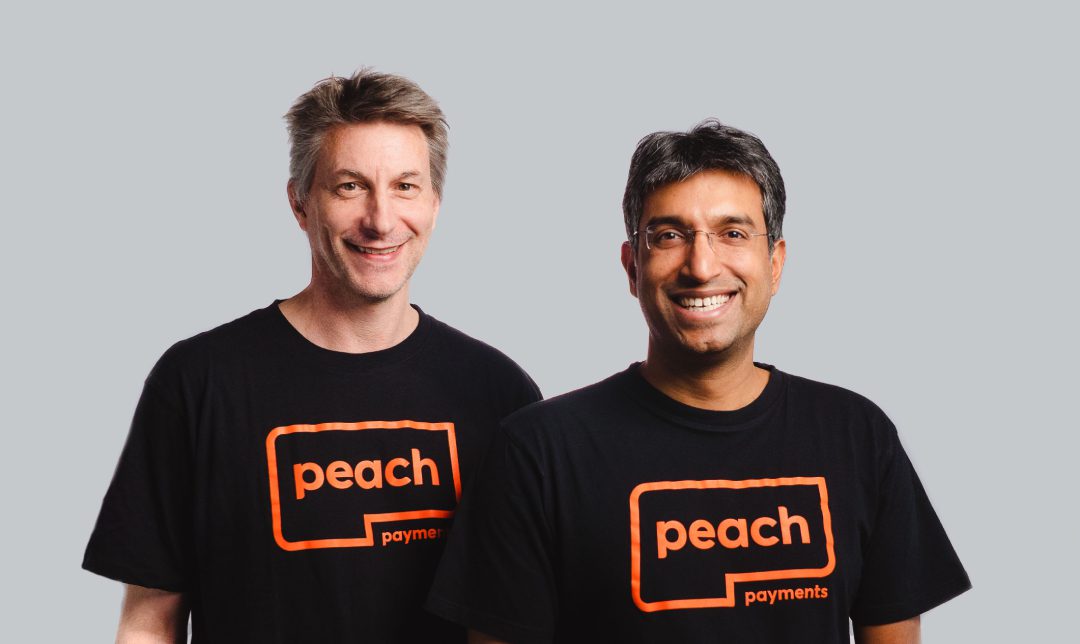 Andreas Demleitner and Rahul Jain are the co-founders of Peach Payments[/caption]
Andreas Demleitner and Rahul Jain are the co-founders of Peach Payments[/caption]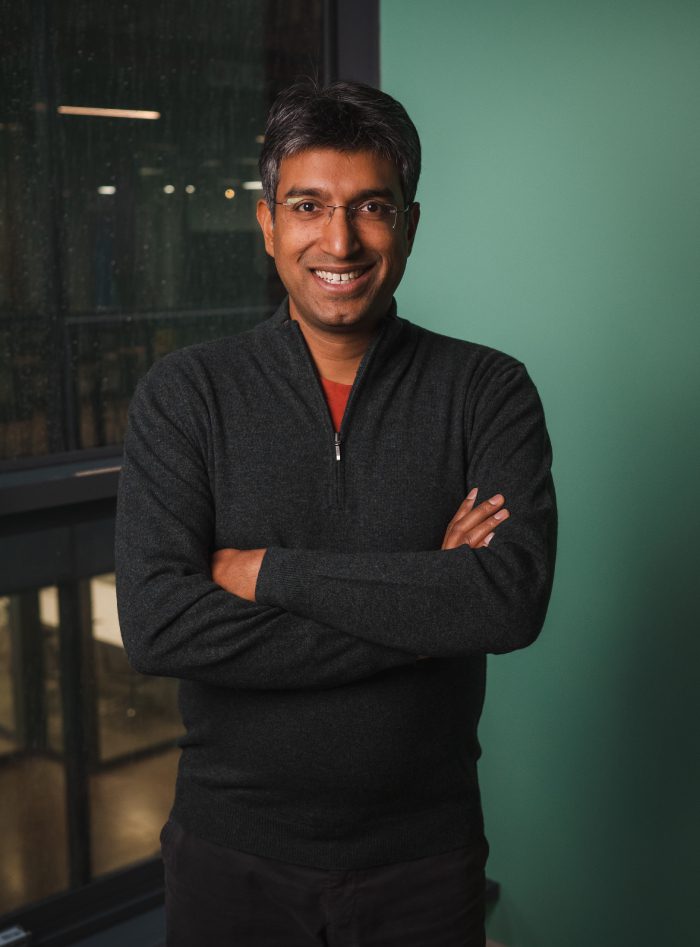 Rahul Jain moved to South Africa to start Peach Payments[/caption]
Rahul Jain moved to South Africa to start Peach Payments[/caption]